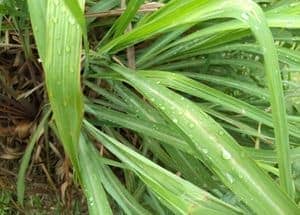Mosquitos are common in many places all across the Earth. It is hard to hide from them, but through different scientific research, I’ve found new ways of fighting these insects. Citronella vs lemongrass for mosquitos is a question that still stands in the repellent-plants community. In this article, I would like to discuss whether natural oils can be used to repel mosquitos and which oils work best. Keep on reading to find out!
Guide on Difference Between Citronella and Lemongrass
[wpsm_titlebox title=”Citronella vs Lemongrass for Mosquitos:” style=”main”]
- Lemongrass and citronella are not the same, but they have a similar smell;
- Lemongrass oil is a more potent mosquito repellent than citronella oil;
- Citronella oil used in candles cannot protect you from mosquitoes.
[/wpsm_titlebox]
Citronella plant vs lemongrass
Let’s first define both of these plants. For a regular onlooker who’s not interested in botany, they might look the same, but there is an important difference between citronella and lemongrass when it comes to using them as mosquito repellents.
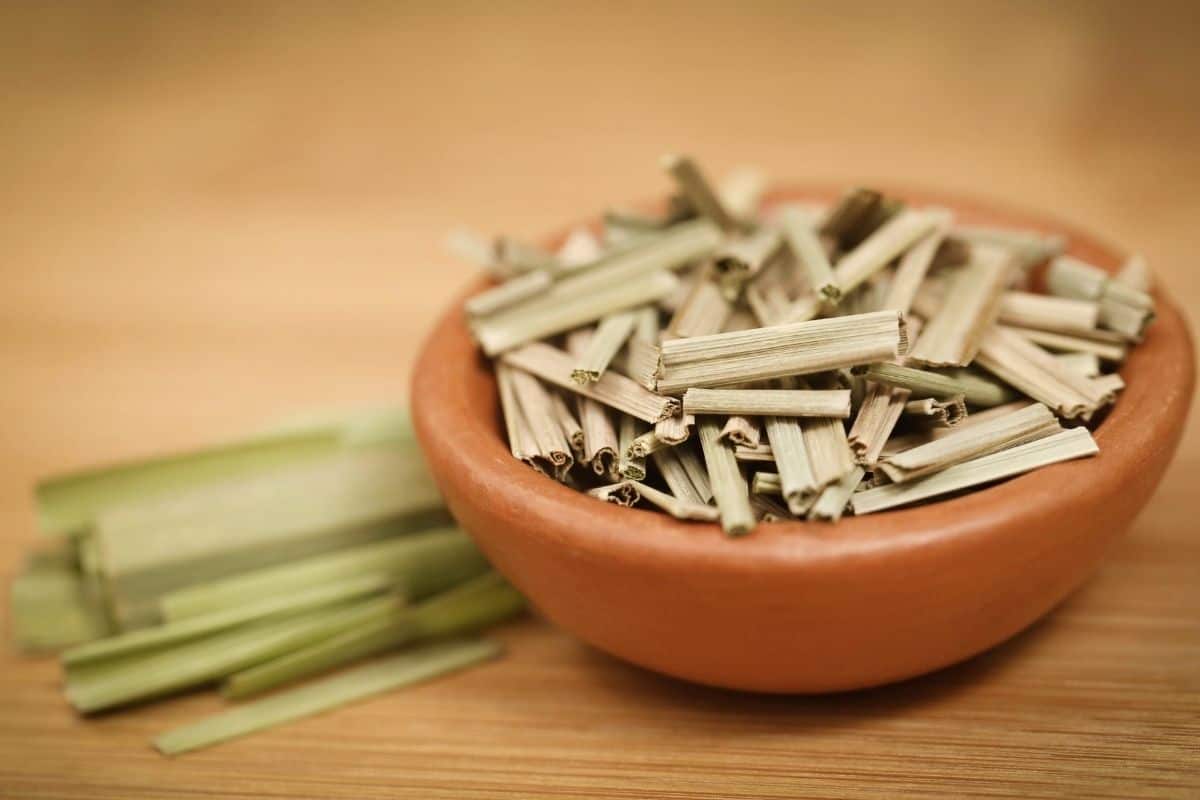
Lemongrass
Lemongrass is a plant that has come to the US from India and Sri Lanka, where it is a common guest in many gardens. Lemongrass grows in big clumps, barely reaching 39 inches, but it can be pretty wide if you let it overgrow. It has long sharp leaves with a noticeable texture and light-green color. Sometimes, this plant is used in cooking and medicine, and people produce lemongrass bug repellent. Lemongrass oil is widely used to scare off different insects and is known to have a nice lemony smell.
Citronella
You might know some of the plants of the family citronella belongs to – the geraniums. Citronella is grass with long leaves that sometimes have a tinge of blue in them. It might grow in big bushes up to 78 inches, so if you get one in your garden, you should take good care of it. Citronella is widely cultivated all across Asia, and it is known as a famous mosquito repellent. Its oil has a very memorable sharp and strong smell.
Difference between citronella and lemongrass
Citronella and lemongrass oil might smell very similar, having a nice lemony smell, but lemongrass oil is clearly a superior bug repellent.
Citronella oil
According to the National Pesticide Information Center, there are currently no studies that indicate that citronella oil actually works. Even though there are documents that indicate that this oil has been used by the ancient Greeks and Romans to repel mosquitoes, it seems that its effect is very minor.
Overall, the use of citronella oil in “bug-repelling” candles seems a marketing ploy to increase sales. It does smell nice, but if you wish to save yourself from mosquitos and other insects, I advise you to use something else. The best result you can hope for is for citronella oil to slightly mask smells that attract mosquitoes and reduce the number of bug bites. Furthermore, the amount of citronella oil that is used in candles is clearly not enough to produce any real effect.
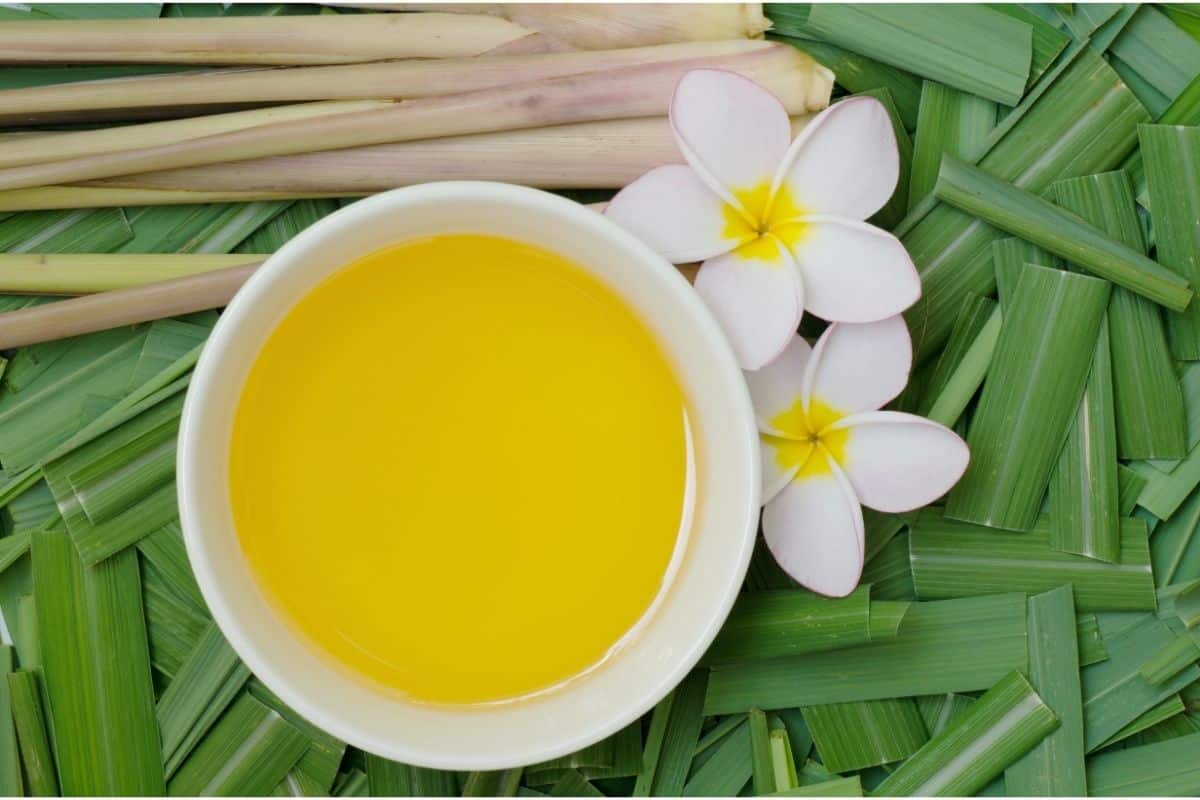
Lemongrass oil
The effectiveness of lemongrass oil is comparable to conventional DEET bug sprays. The downside of lemongrass, when compared to a DEET bug repellent, is the fact that lemongrass oil has to be applied every 30-60 minutes. DEET products, on the other hand, should be applied every 4 hours for maximum effect but can cause allergic reactions when they come in contact with your skin.
Having to reapply lemongrass every 30-60 minutes might seem like a hassle, but the upside is that lemongrass is 100% natural, not toxic for humans, and does not cause any long-term effects, according to the Environmental Protection Agency.
Just remember that you should never use pure lemongrass oil on your skin. Before use, lemongrass oil should be diluted in the carrier oil, making it safe for external use.
Why do mosquitoes hate them?
Both citronella and lemongrass are known mosquito repellents, but what does the job is the oil inside of them. The smell and compounds of the oils change the behavior of the insects that come across these plants. They begin to show signs of irritation, trying to fly away from the source of the smell. The oils can be used in air diffusers outside the house if you don’t like the smell invading your space. Although, before using this method, you need to make sure that no one in the household has an allergic reaction to the essential oils.
Sometimes, the oils can be applied directly to the skin. Using this method, you can travel in warm climates where mosquitoes prefer to live without worrying about being bitten. Of course, like any medical form of repellent, it can cause a rash. If that happens, it is better to wash it off immediately. Some people prefer to use these oils directly on the bite marks, as they provide a cooling effect that helps with itching.
Some studies show that lemongrass is more effective against malaria mosquitos, although citronella is proven to work as a repellent for other species of these insects. Moreover, essential oils can help against other bugs including the sandfly.
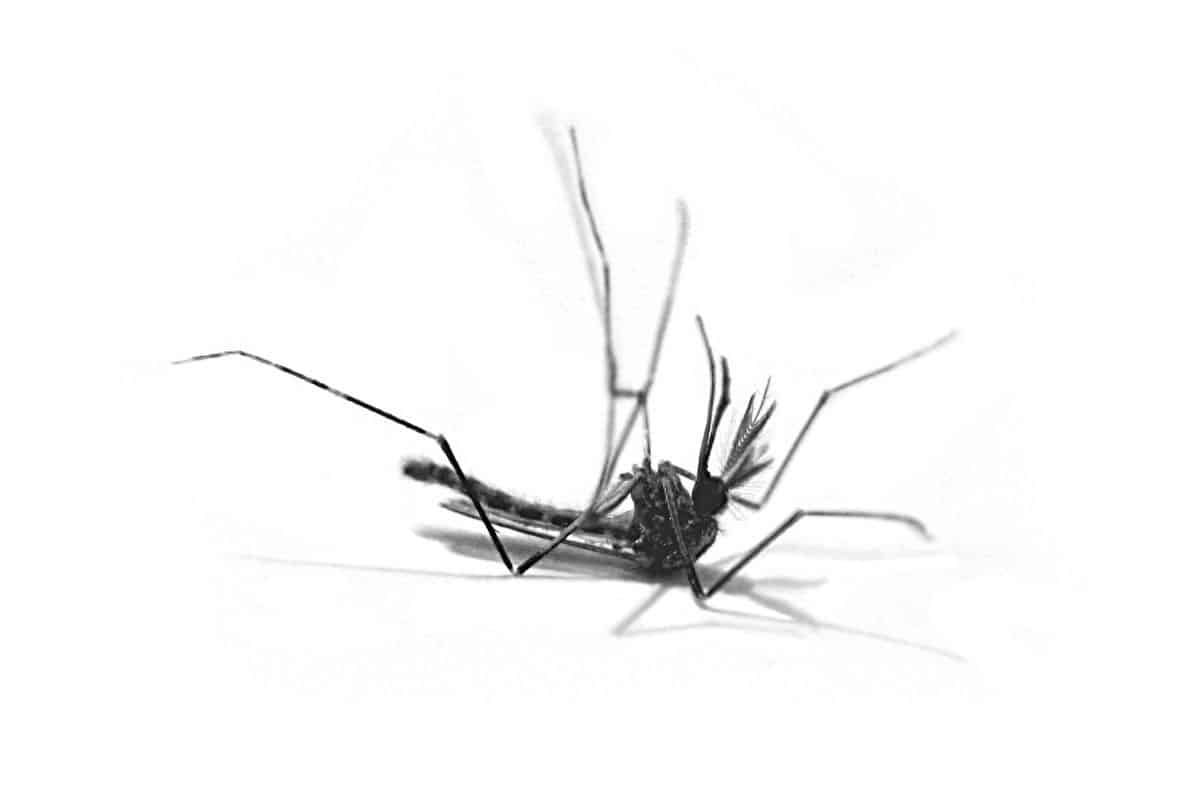
What other plants can repel mosquitoes
The good news is that citronella and lemongrass are not the only repellents you can find out there. Some other plants are known to be effective against insects, and you can easily grow many of them outside. Bug repellents are useful to have in the garden since they will scare off any unwanted guests right from your porch. Plus, it is nice to look at well-kept greenery, and you can collect a good harvest to use in your kitchen.
Lavender
Lavender is a nice addition to any garden, as its pleasant smell repels most mosquitoes, although the effect might be temporary. These purple flowers also help attract pollinators that spread pollen across the area, making your garden even more lovely. Lavender can be used to create essential oil; for this, you should put it into the air diffuser. You should plant it on the sunny side of the territory, as most species like a lot of warmth and sunshine.
Rosemary
Rosemary is a common condiment in many dishes, but it also features repelling abilities against mosquitos. It’s well-known for its nice taste, and it is pretty easy to grow rosemary on your windowsill. The plant is very versatile: it forms little bushes, barely reaching 12 inches, and doesn’t require much attention besides regular watering.
Basil
Basil works against mosquito larvae which can also be a pain. The secret is in its leaves: different compounds including basil leaves help kill mosquito larvae that usually live in little ponds. Moreover, basil is a very good seasoning: you can make plenty of sauces based on its leaves. Its smell can attract pollinators in the summer, which is also a nice addition to the garden. Basil has bright-green color and grows in small bushes that barely stand out from the ground.
Mint
You probably know that mint is very popular in the food industry, and many people love its taste and smell. Mint has a nice cooling effect when used in baking, and its oil consists of different compounds that scare off insects, including mosquitos. You can grow it in a shadowy place since it doesn’t require much attention besides watering. Be careful, as it can spread like grass and invade your entire garden, so it is better to put your mint in a separate pot.
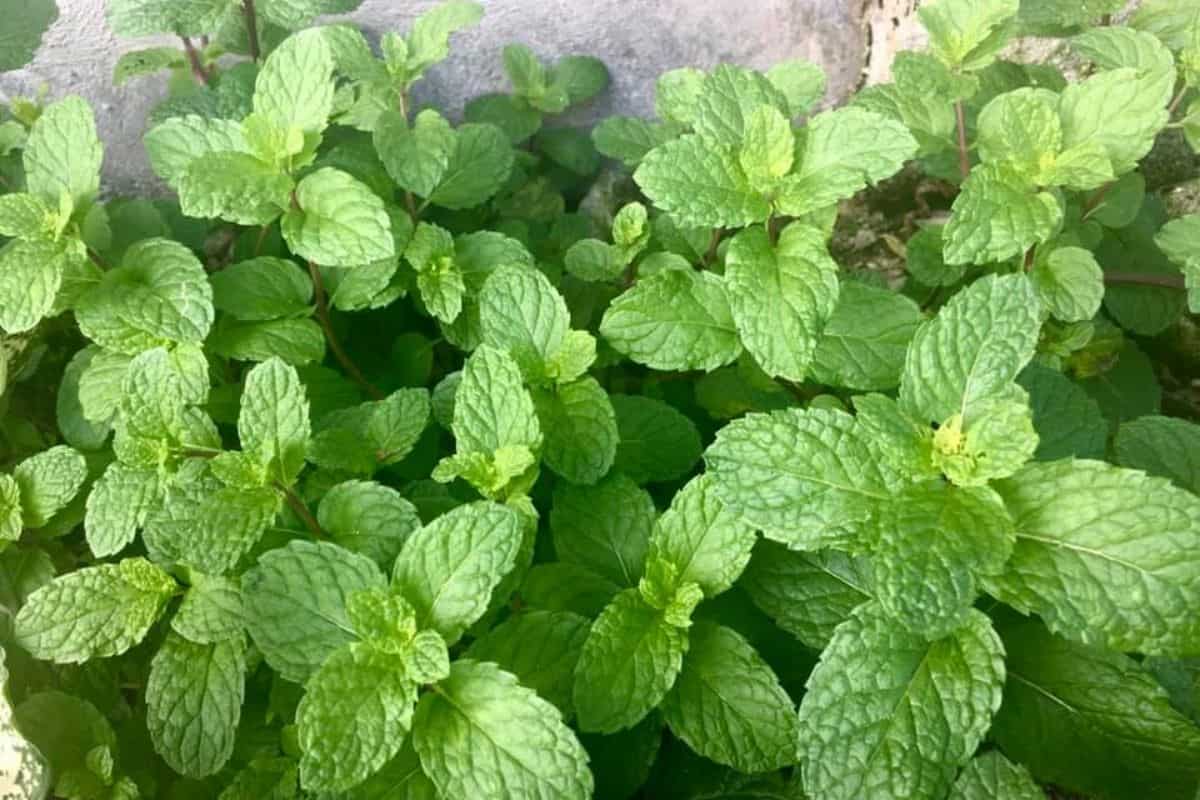
Citronella vs. Lemongrass: Frequently Asked Questions
These two oils have similar properties that can help repel insects, so people often wonder which one is better and what are the differences between the two.
Is citronella oil and lemongrass oil the same?
Both oils have chemical compounds in them that repel insects, including mosquitos. They consist of similar reagents but are considered different. Their most apparent difference is, of course, in smell.
Is lemongrass better than citronella?
Lemongrass is a much better mosquito repellant than citronella. Though citronella oil is used in candles that are advertised to repel insects, no research has proven its effectiveness.
Do mosquitoes hate lemon?
Mosquitos don’t hate lemon. They cannot stand some particular oils that are produced by lemongrass.
Does lemongrass repel mosquitoes?
Yes, lemongrass is a good mosquito repellent. The only downside it has when compared to DEET products is that you have to reapply it frequently for the prolonged effect.
Don’t Worry About Any Insects in Your House
Mosquitos can be quite annoying guests in a house, so it is always better to prevent them from coming in. Many plant-based methods are proven to be effective against these insects, and you can also profit from growing citronella and lemongrass in your garden. Take care of your greenery, and don’t worry about any pests invading your space.
Do you prefer the smell of lemongrass or citronella? What other repellents would you like to have in your garden? Please, share your opinion in the comments below.
Also read:

